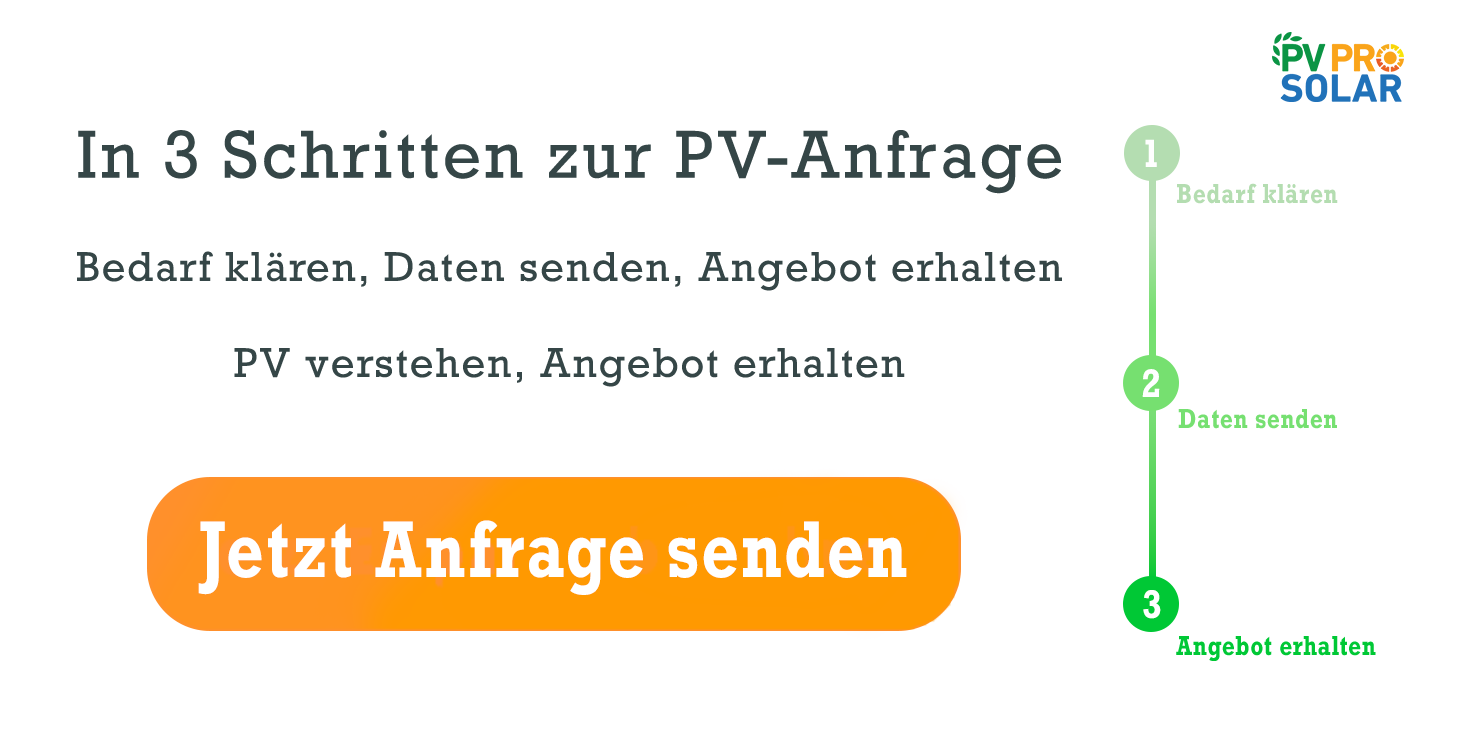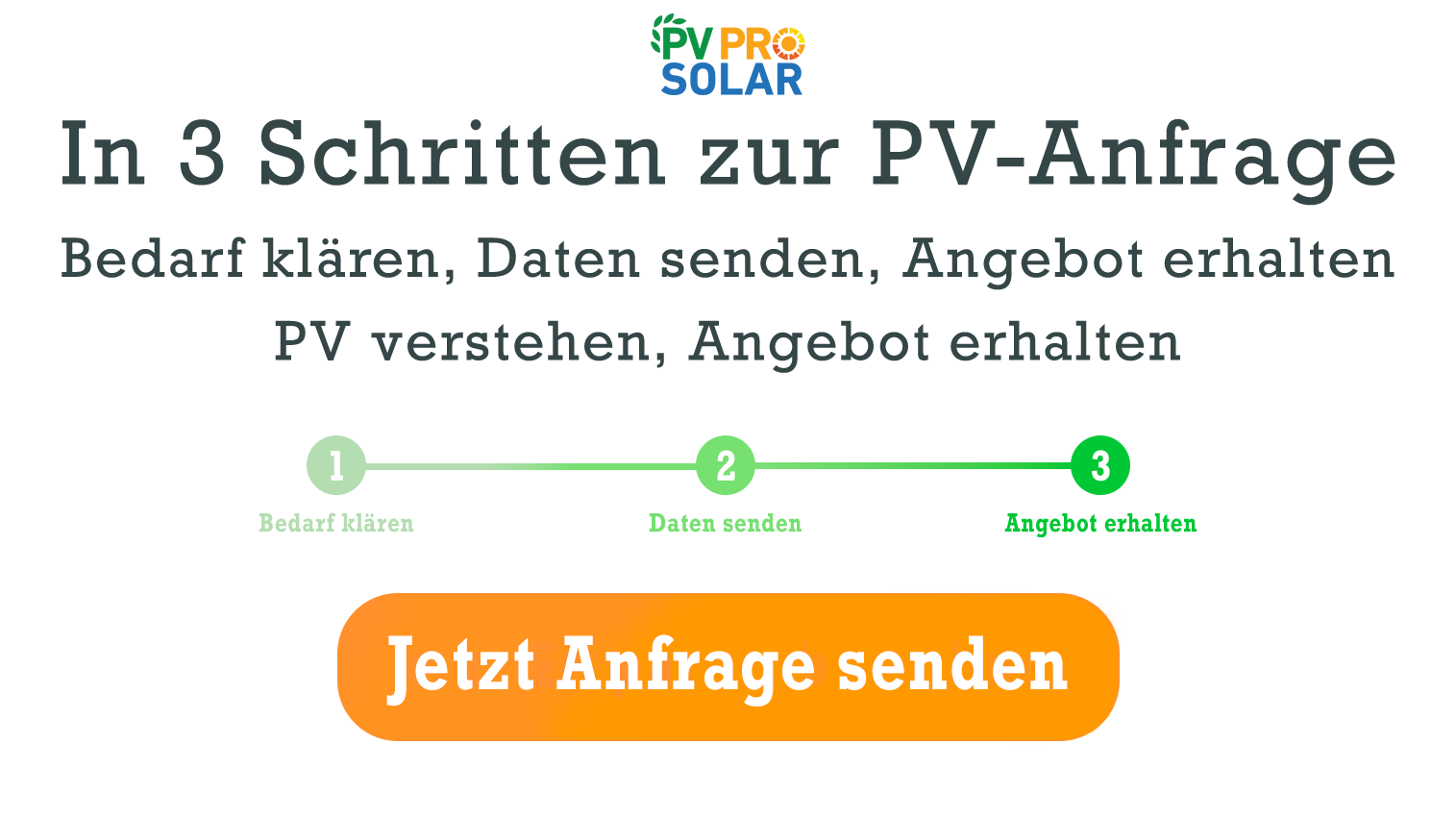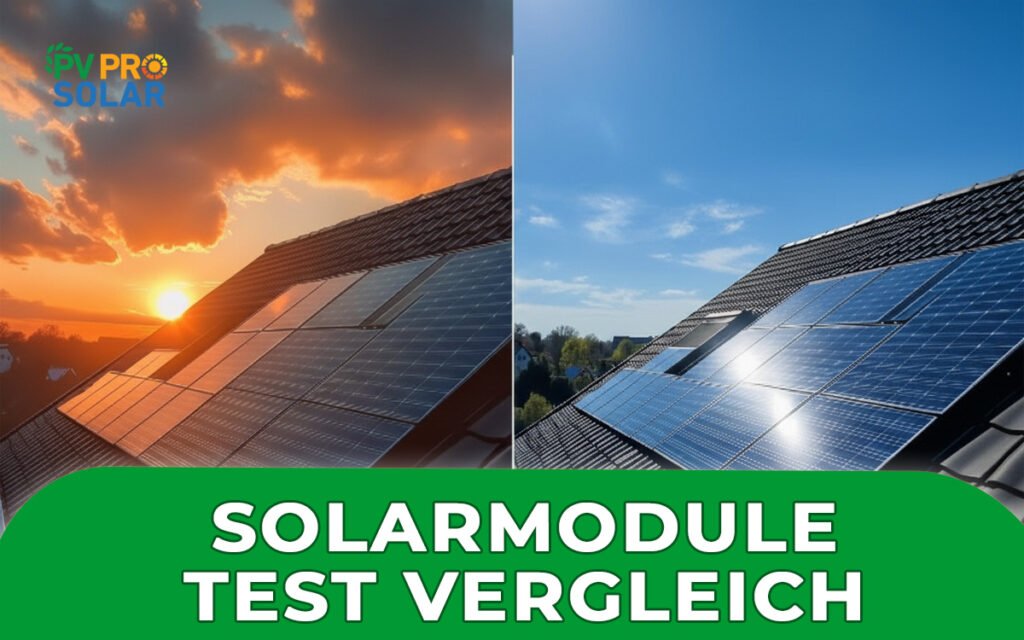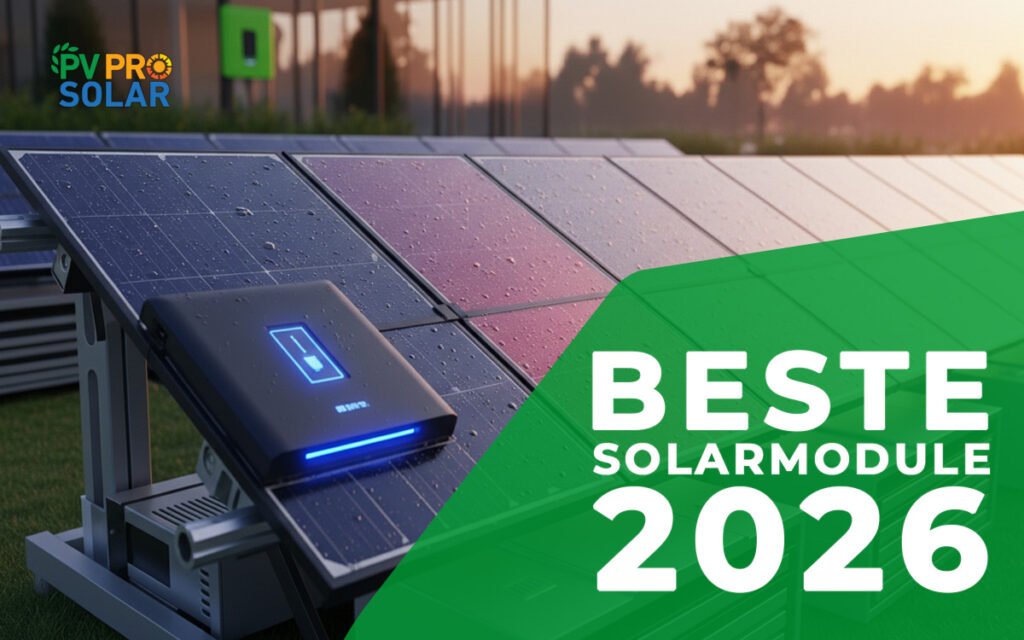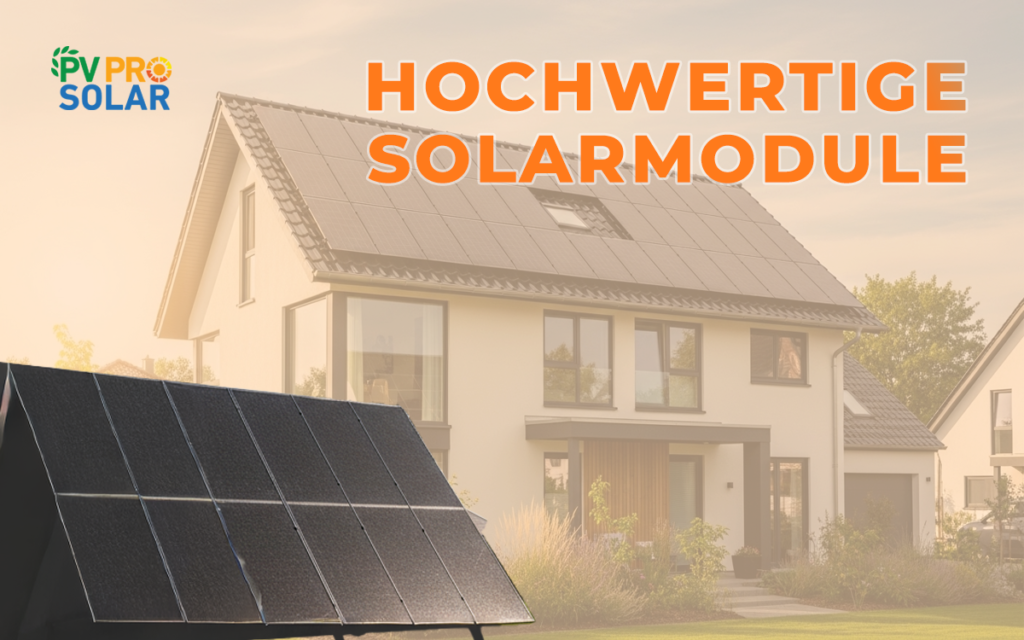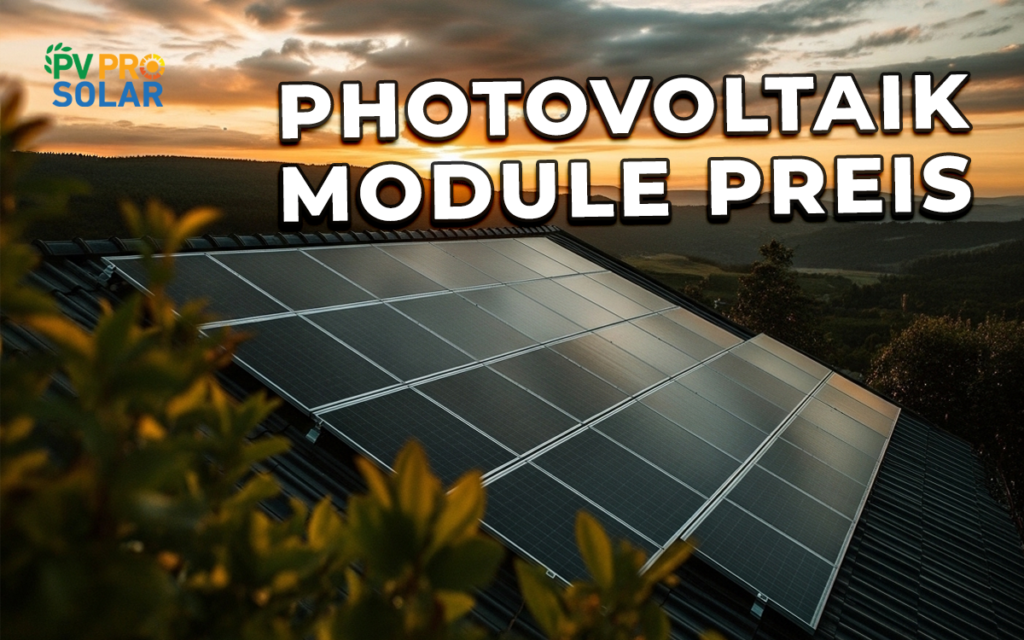Buy Energy Storage Systems Online: How to Find the Right Home Battery for Your Needs
The desire for energy independence is growing—and modern energy storage systems are making that a reality. More and more homeowners want to use their self-generated solar power not just during the day, but also store it for use in the evening or at night. This raises a key question: How can you find the best energy storage system online, and what should you consider before buying?
This article covers everything you need to know about choosing the right system, understanding the technology, and evaluating providers—from brand-independent solutions with integrated inverters to advanced battery storage systems tailored for residential use.
Why Buy an Energy Storage System Online?
Buying an energy storage system online offers a number of compelling advantages. Online retailers provide a wide range of brands, technical specifications, and price points, allowing you to compare products without being tied to a single provider.
Many shops also offer exclusive bundles, including installation. Brand-independent sellers are especially appealing, as they offer systems from multiple manufacturers—ranging from BYD to RCT Power Battery—in one place.
Key Advantages at a Glance:
- Extensive selection of storage systems and reputable brands
- Detailed technical specs, including usable kWh storage capacity
- Verified customer reviews and hands-on user experiences
- Transparent delivery times and warranty terms
- Option to order EV-compatible accessories alongside your battery
How Does a Modern Home Battery Work?
A home battery stores surplus solar energy generated by your photovoltaic (PV) system so it can be used later when the sun isn’t shining.
The concept is simple: an inverter converts the direct current (DC) from the solar panels into alternating current (AC) for home use—and does the reverse when storing or discharging electricity.
Many systems today use a DC-coupled setup, where the battery is connected directly to the PV array. This eliminates unnecessary conversions, boosting efficiency.
A great example is the RCT Power Battery system, which comes with a built-in inverter. It offers high efficiency, minimizes energy loss, and is ideal for homes with a high rate of solar self-consumption.
Comparing Options in an Online Energy Storage Shop
When browsing energy storage systems online, don’t focus solely on price. What truly matters are the technical specifications and how well the system integrates with your existing solar setup.
Key Features to Consider:
- kWh Capacity: How much energy can the battery store? For a typical single-family home, 5–10 kWh is usually sufficient.
- Inverter Type: Systems with an integrated inverter are more space-efficient and often more efficient overall.
- DC or AC Coupling: For new builds or full installations, a DC system is often the better choice.
- Expandability: Can the storage system be scaled up later if your energy needs grow?
- Monitoring & Software: Top-tier systems come with mobile apps or platforms for real-time energy monitoring.
Many online retailers offer certified systems from leading manufacturers like BYD, RCT Power, and LG Energy Solution, complete with detailed information on battery capacity and warranty terms.
What Do Customers Say About Buying Energy Storage Online?
When buying a home battery system online, it’s natural to want insights from other buyers.
Customer reviews consistently highlight the helpful advice, fast shipping, and especially the brand-neutral consultation available from experienced providers.
Many customers also praise the technical support, particularly when integrating the system with existing PV setups and electric vehicles. Reviewers often appreciate the transparent specs, clear warranty policies, and easy-to-understand product descriptions.
DC or AC System: What’s the Difference?
One common decision point is whether to choose a DC-coupled or AC-coupled battery system.
- DC-Coupled Systems: These connect directly on the DC side of your PV system, making them more efficient by avoiding unnecessary energy conversion. They’re ideal for new builds or if you’re installing the PV system and battery together.
- AC-Coupled Systems: These are connected on the AC side and are typically used for retrofitting existing PV systems. Installation is straightforward, but they may have slightly lower efficiency due to conversion losses.
Both system types are widely available online, but DC systems generally offer better energy performance.
Recommended Brands and Technologies
Choosing the right battery isn’t just about storage capacity—it’s also about reliability, efficiency, and compatibility.
Leading Brands Include:
- RCT Power Battery: A German-engineered solution with smart battery management and an integrated inverter.
- BYD Battery-Box: Well-known for its modular design and high usable capacity—ideal for growing energy needs.
- E3/DC and LG Energy Solution: Renowned for combining sleek design, strong performance, and long battery life.
These products are often available in complete system packages, which include EV charging integration and energy monitoring software.
Do You Need Technical Skills to Install an Energy Storage System?
A common question is whether a home battery can be installed as a DIY project.
The short answer: Only if you’re qualified. These are high-voltage systems and must be installed by licensed professionals.
However, many online retailers offer complete packages that include professional installation by certified electricians. This ensures not only a safe and compliant setup, but also protects your warranty and liability coverage.
Energy Storage + Electric Vehicle: A Smart Combo
Modern energy storage systems are more than just a backup—they’re part of a broader energy management solution.
Here’s how it works: the battery stores solar power during the day, which can then be used to charge your electric vehicle (EV) in the evening.
Some systems even offer bidirectional charging—allowing energy to flow from the EV battery back into your home’s grid. This is considered a major step toward full energy autonomy.
What Do Experts Say About the Online Energy Storage Market?
The market is booming. Industry experts and engineers confirm the surging demand for smart home battery systems.
Modular systems with integrated inverters are especially popular, as they are compact and highly efficient.
Customer feedback shows that buyers prioritize clear technical data, straightforward warranties, and personal consultation when shopping online.
Your Path to the Right Home Battery
Whether you choose an RCT Power Battery, a DC system, or a BYD Battery-Box, what matters most is that the system fits your solar setup and energy usage.
Buying a battery system online gives you maximum flexibility: compare models, read reviews, and consult with independent experts. If you prefer a turnkey solution—from solar panels to battery and installation—reach out to a qualified local installer.
Visit PVPro Solar GmbH—your trusted partner for efficient solar systems, battery storage, and sustainable energy solutions in Lower Saxony. Benefit from cutting-edge technology, professional system design, and tailored consultation for your home.
Yes—especially as energy prices rise. A battery increases your solar self-consumption and reduces your electricity costs over time.
Most single-family homes require 5 to 10 kWh of storage. Your exact needs depend on your energy consumption and the size of your solar system.
DC systems are more efficient due to lower conversion losses. However, AC systems are easier to add to existing installations.
Modern lithium-ion batteries last about 10 to 15 years, or over 6,000 charge cycles, depending on quality and usage conditions.
Absolutely. Many battery systems support EV charging—letting you power your vehicle with your own solar energy.
Look for clear technical specifications, authentic customer reviews, warranty terms, and reliable customer support. A good shop offers brand-name products and expert consultation. Is a home battery storage system really worth it?
How much storage capacity do I need?
What’s better—DC or AC system?
How long does a home battery last?
Can I combine my battery with an EV charger?
How do I find a trustworthy online retailer?


